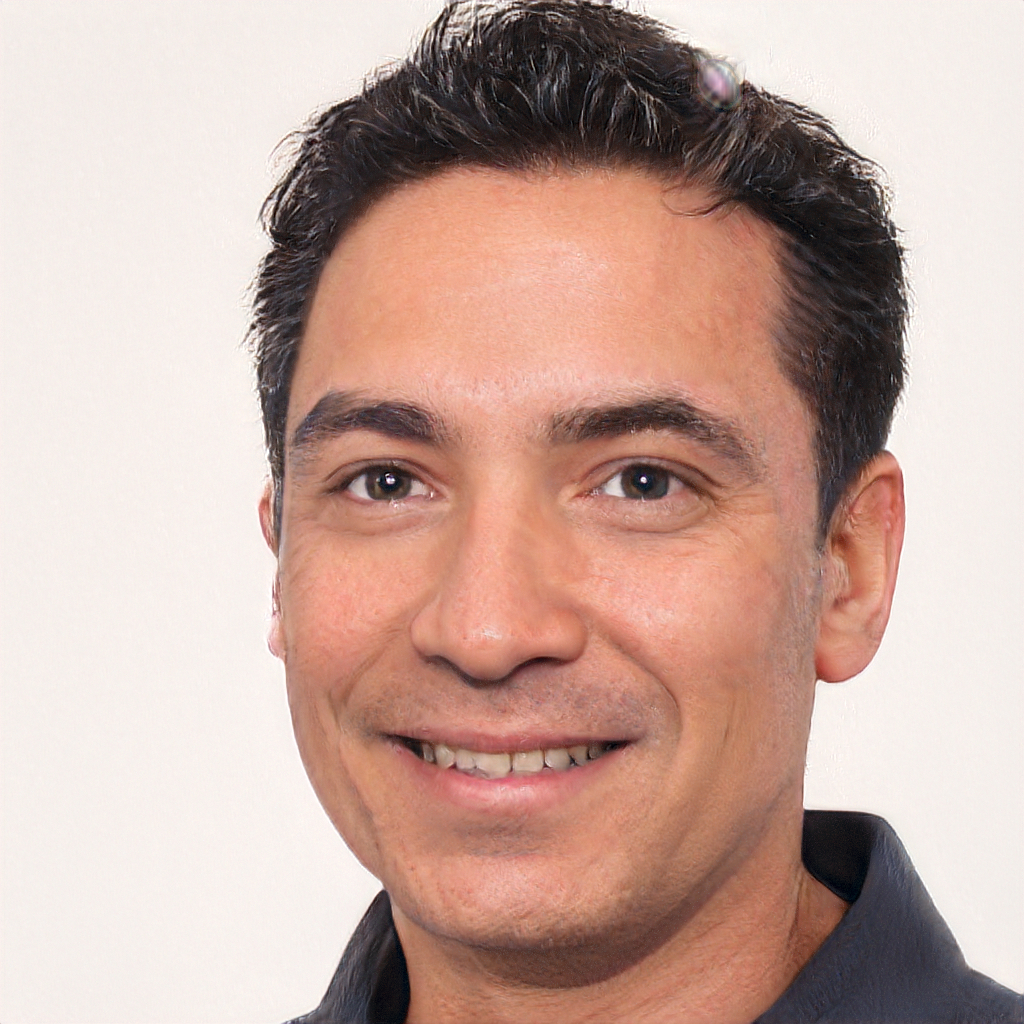The research funding of the European Union is being restructured: The EU wants to invest venture capital in innovative companies trough the “European Innovation Council”.
The EU’s “Horizon Europe” research programme is on its final spurt. A concrete agreement on the EU budget and thus also on the research budget is to be reached by the end of 2020. The new feature of the programme is the so-called European Innovation Council with which the EU is making itself a venture capital investor and wants to spent this money in companies within Europe.
The only thing still missing at present is a political agreement on the priorities of the programme, on which the respective heads of state and government must agree. The budget issue is also still unresolved; since the EU Commission has demanded 100 billion euros for “Horizon Europe” for the years 2021 to 2027, the EU Parliament even entered the race with 120 billion euros. A concrete decision is still pending and must be made in the coming weeks.
EU starts pilot phase for EIC.
The first steps towards 2021 are already being taken. The pilot phase for the European Innovation Council (EIC) has already started. The Council is intended to counter a major weakness of the European Union:” “Europe is lagging behind the market in the implementation of research results”, says Hermann Hauser, Deputy Chairman of the Advisory Board of the EIC and thus one of 22 experts who will strategically lead the Council.
The basis and model for the EIC was the European Research Council. This Council has been promoting excellent basic research in Europe for years and is considered one of the most successful initiatives the European Union has ever launched. The selection criteria for funding by the ERC are quite simple – any scientist can submit an application and the selection will only be based on excellence. This is exactly what the EIC has taken as a model, because any company can submit an application for funding, and the selection is based on whether the company creates disruptive, groundbreaking and market-creating innovations. According to the EU financial plan, the EIC currently has ten billion euros at its disposal.
Horizon Europe works mission-oriented.
In order to make EU research stronger and more visible, Horizon Europe is focusing on “mission orientation”. This type of research is intended to promote goals of high social relevance. The thematic complexes of climate change, the oceans, cancer, climate-neutral cities as well as soil health and food are considered to be the main missions in which a large arc is to be spanned from basic research to implementation. Of course, this cannot be a solo effort on the part of the European Union; at national level, the mission must be accompanied definitively by appropriate measures and programmes.
Established companies are more than aware of this accompanying responsibility. “Climate change does not wait,” says Bosch CEO Volkmar Denner in a newspaper interview on the subject of CO2 neutrality, in addition he said, “We are assuming responsibility for climate protection and are therefore acting now. BOSCH is investing around two billion euros around the end of 2020, leaving no CO2 footprint anywhere in the world.

Born 1981 in Strasbourg, is a freelance journalist for various online media throughout Europe, focusing on finance, real estate and politics. He gathered his professional expertise as a consultant for global players and medium-sized companies. Fournier studied economics and german in Paris and Dresden. He currently lives in Saarland and has been a member of the Euro Leaders team since the beginning of 2019.